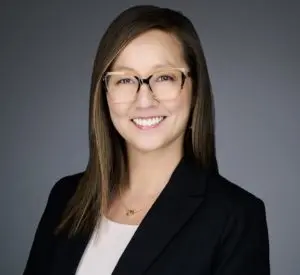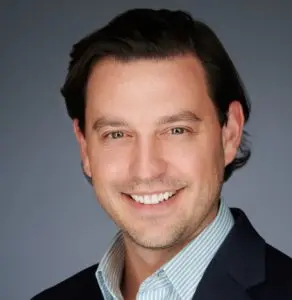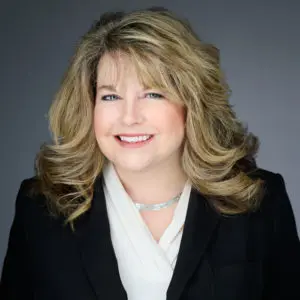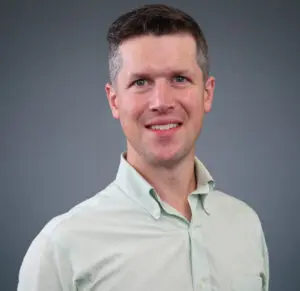About BrightView Health
BrightView Health offered outpatient addiction and recovery programs for adults 18 and over. The facility was located in Boston, Massachusetts, near historic Beacon Hill. The organization offered outpatient programs that included medication assisted treatment (MAT) for detoxification.
Clients were able to pay for treatment with most commercial insurance, as well as Medicare and Medicaid. The facility was conveniently located near public transportation and was near Boston’s central community resources and civic institutions. This location is now permanently closed.
Comfortable and Confidential Addiction Treatment in Boston
The outpatient clinic had comfortable treatment rooms designed for confidentiality. There was a welcoming reception area that was ADA compliant and accessible. The reception area was comfortable to reduce anxiety.
The treatment team offered active case management to connect clients to supportive community resources. They also coordinated with local pharmacies for easy medication access.
Compassionate, Non-Judgmental Mental Health and Addiction Treatment
The clinicians stressed meeting patients where they were with a compassionate and individualized treatment approach. They focused on the importance of community advocacy, respectful treatment, and the importance of treating each client with dignity.
Clients had positive feedback and reported that the staff was respectful and empathetic and made it easy to access both counseling and medications, which, for me, really stands out. They also reported the intake process as quick and that they felt supported throughout the program. Clients further reported the staff as being warm and dedicated.
Welcoming a Diverse Community
Additionally, clients applauded the non-stigmatizing environment. Staff was inclusive and welcomed everyone, including those in the LGBTQ+ community.
The clinicians had experience treating clients with complex medical histories and treated pregnant women. They also offered telehealth and virtual care options that allowed for flexible appointment scheduling.
Rehab Score
Accepted Insurance



Other Forms of Payment
Medicaid is a state based program that helps lower-income individuals and families pay for healthcare. Medicaid covers addiction treatment so those enrolled can use their coverage to pay for rehab. When a program accepts Medicaid the client often pays very little or nothing out of their own pocket.
Private insurance refers to any kind of healthcare coverage that isn't from the state or federal government. This includes individual and family plans offered by an employer or purchased from the Insurance Marketplace. Every plan will have different requirements and out of pocket costs so be sure to get the full details before you start treatment.
Self-pay involves paying for treatment out of your own pocket. You can use savings or credit, get a personal loan, or receive help from family and friends to fund your treatment. If you don't have insurance or your insurance plan doesn't cover a specific program, self-pay can help ensure you still get the care you need.
Financial aid can take many forms. Centers may have grants or scholarships available to clients who meet eligibility requirements. Programs that receive SAMHSA grants may have financial aid available for those who need treatment as well. Grants and scholarships can help you pai for treatment without having to repay.
Medicare is a federal program that provides health insurance for those 65 and older. It also serves people under 65 with chronic and disabling health challenges. To use Medicare for addiction treatment you need to find a program that accepts Medicare and is in network with your plan. Out of pocket costs and preauthorization requirements vary, so always check with your provider.
Addiction Treatments
Levels of Care
 Outpatient
Outpatient
 Medically Assisted Detox
Medically Assisted Detox
Treatments
The goal of treatment for alcoholism is abstinence. Those with poor social support, poor motivation, or psychiatric disorders tend to relapse within a few years of treatment. For these people, success is measured by longer periods of abstinence, reduced use of alcohol, better health, and improved social functioning. Recovery and Maintenance are usually based on 12 step programs and AA meetings.
Addiction is a highly complex problem, and drug rehab in Massachusetts is often necessary to address it. These programs treat physical, mental, and relational issues that are involved. Treatment empowers individuals to manage these issues without the use of drugs.
A combined mental health and substance abuse rehab has the staff and resources available to handle individuals with both mental health and substance abuse issues. It can be challenging to determine where a specific symptom stems from (a mental health issue or an issue related to substance abuse), so mental health and substance abuse professionals are helpful in detangling symptoms and keeping treatment on track.
Opioid rehabs specialize in supporting those recovering from opioid addiction. They treat those suffering from addiction to illegal opioids like heroin, as well as prescription drugs like oxycodone. These centers typically combine both physical as well as mental and emotional support to help stop addiction. Physical support often includes medical detox and subsequent medical support (including medication), and mental support includes in-depth therapy to address the underlying causes of addiction.
Programs

Adult Program

Young Adult Program
Clinical Services
Research clearly demonstrates that recovery is far more successful and sustainable when loved ones like family members participate in rehab and substance abuse treatment. Genetic factors may be at play when it comes to drug and alcohol addiction, as well as mental health issues. Family dynamics often play a critical role in addiction triggers, and if properly educated, family members can be a strong source of support when it comes to rehabilitation.
Group therapy is any therapeutic work that happens in a group (not one-on-one). There are a number of different group therapy modalities, including support groups, experiential therapy, psycho-education, and more. Group therapy involves treatment as well as processing interaction between group members.
In individual therapy, a patient meets one-on-one with a trained psychologist or counselor. Therapy is a pivotal part of effective substance abuse treatment, as it often covers root causes of addiction, including challenges faced by the patient in their social, family, and work/school life.
Trauma therapy addresses traumatic incidents from a client's past that are likely affecting their present-day experience. Trauma is often one of the primary triggers and potential causes of addiction, and can stem from child sexual abuse, domestic violence, having a parent with a mental illness, losing one or both parents at a young age, teenage or adult sexual assault, or any number of other factors. The purpose of trauma therapy is to allow a patient to process trauma and move through and past it, with the help of trained and compassionate mental health professionals.
Amenities
-
Private Setting
Staff & Accreditations
Staff

Chad Smith
CEO

Jane Cobler
Chief People Officer

Mike DiMaggio
Vice President of Development

Brad Barker
CFO

Dylan Jackson
COO

Jen Dumiak
Chief of Staff

Julie Seitz
Chief Compliance Officer

Nick Cook
Chief Legal Officer
Accreditations

The Commission on Accreditation of Rehabilitation Facilities (CARF) is a non-profit organization that specifically accredits rehab organizations. Founded in 1966, CARF's, mission is to help service providers like rehab facilities maintain high standards of care.
CARF Accreditation: Yes






